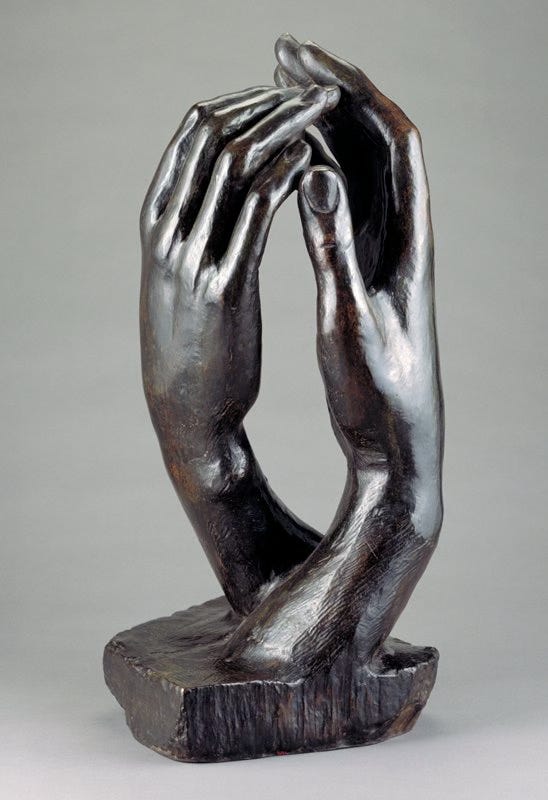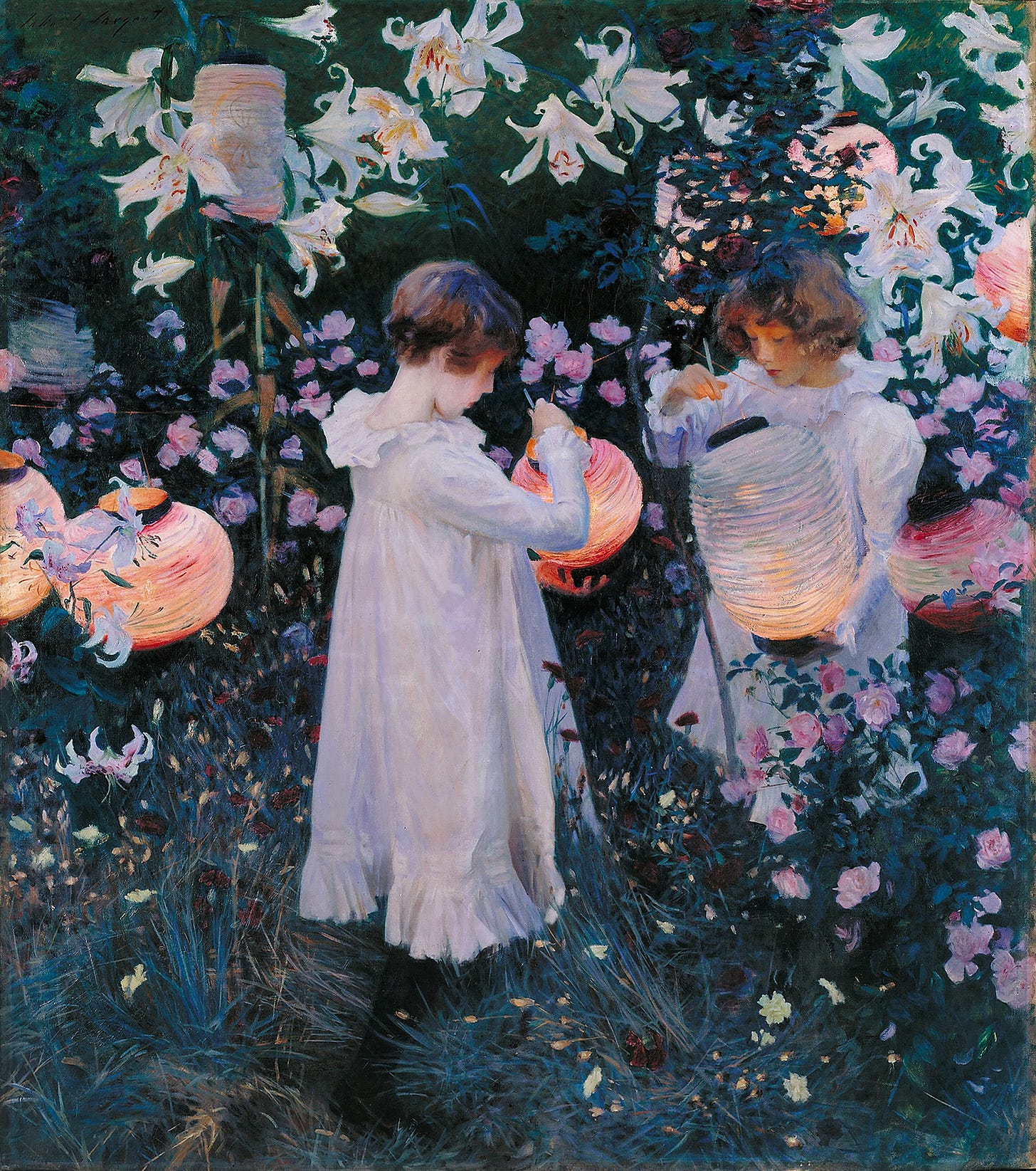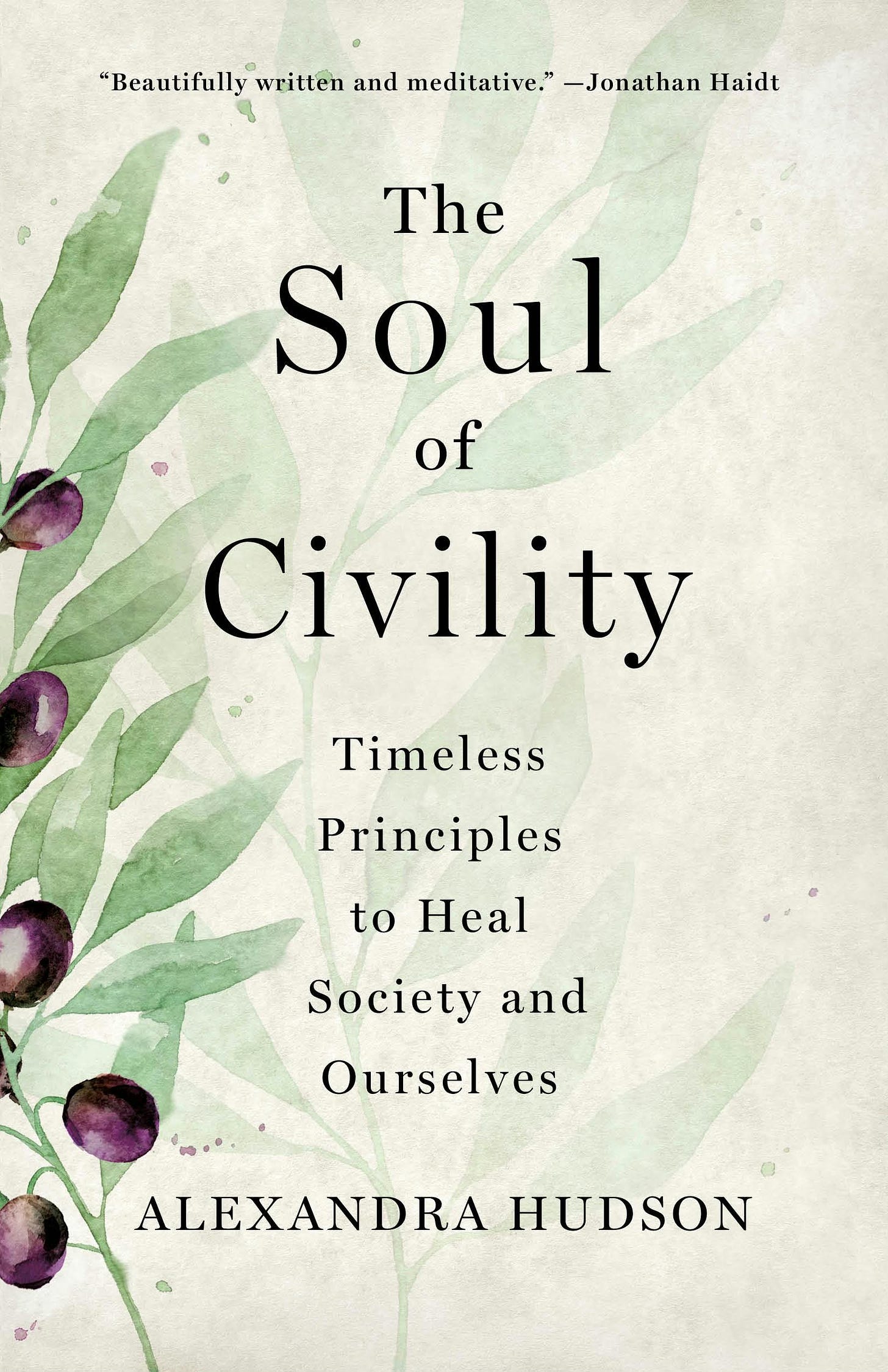Gracious reader,
As a parent, I teach my children every day. Every parent—regardless of whether they send their child to school or home educate—is their child’s first, best, and most important teacher.
Despite how much I love teaching my children many things, I’m in a season where I am striving to allow my children to teach me. Children have so much to teach us, and I’m choosing to let them lead me toward a deeper understanding of life, joy, and on many an adventure.
Children are a case study in presence, for instance: an urgent need we have in our harried and distracted world. As I've reflected recently, my children are teaching me to be truly present, and also how to find, embrace, and to create joy wherever I am, to extend grace to myself.
Their openness, their wonder, their effortless way of forging connections—all of it is a gift.
Children are also instructors in vulnerability—the antidote to so much of our cynicism, callousness, and independence.
Vulnerability
Children do not guard their hearts the way we do. They do not hesitate before reaching out. They love freely, speak plainly, and seek connection without fear. And in doing so, they remind me how much we, as adults, have learned to protect ourselves—sometimes at the cost of the very relationships we long for.
I’ve been pensive of late on the complexity of human connection. It doesn’t take long for us to harden our hearts against disappointment. How quickly we build walls, mistaking self-protection for strength. And yet, in shielding ourselves from rejection, do we also close ourselves off from the beauty of being truly seen, known and loved?

Need
We had some family friends that my son, Percival, especially adored. Throughout my book tour, through no one’s fault, we drifted apart.
But Percy never forgot them. He missed them deeply. We live close by, and every time we passed their home, he would ask, “Why don’t we ever see them?”
Every time Percy would inquire after them, I reached out—extending invitations and suggesting times to reconnect. Something felt off, and I didn’t know why. Our engagement had never felt so one-sided before. And then one day, I got my answer.
One day, a response to my invitation caught me off guard.
They told me that while I was off on a book tour for months on end, when I was home it felt unfair that I seemed to expect them to be at my beck and call.
Their words stung. I felt a multitude of complex emotions.
First, I was frustrated at them. Their response felt like a rejection that I was not prepared for. I had been in sixty cities and five countries on book tours, I had considered these people friends who understood the demands of my vocation.
Second, I felt the ever-present Mom Guilt. Suddenly, it felt as if my professional life was not just a logistical challenge but a moral failing. I couldn’t shake the thought: Was my career hurting my son? Was it ruining his friendships, too? The guilt weighed heavily—this sense that, by being pulled in many directions, I was failing to be fully present. Their words felt less like a statement about scheduling conflicts and more like a commentary on my life choices.
Third—and most surprisingly—I felt myself resenting my son.
The only reason I reached out to them so often was because of him. And it’s because of him—his uninhibited longing for connection with his treasured friends—that caused me to endure this rebuff that hurt my feelings and my pride.
In my head (of course not to him), I blamed his inhibition. If only he didn’t need others so much, this never would have happened, I said to myself.
We need others. Over time, though, I have trained myself not to. My son is an ever-present and important reminder to me that to be human is to have needs, and to need others. Both are okay, good, and noble, even when the self-protective instinct tells us they are not.
Lessons in Vulnerability
My children make me vulnerable. I once heard a mother describe having children as having your heart suddenly be outside of your body, susceptible to hurt on their behalf at every turn
Children love freely. They build relationships without pretense, say what they mean, and approach the world with unguarded hearts. They are beautifully uninhibited in ways that adulthood, experience, and heartbreak often strip away. Over the years, I have learned to protect myself—to read the signals, to focus my energy where I feel wanted, to guard against rejection.
But my children? They don’t see the world that way. Their openness forced me to be vulnerable and now to confront my fear of vulnerability—a shortcoming in myself that is easy for me to ignore.
Stories of condemnation vs. exoneration
I am learning, ever so slowly, to embrace vulnerability rather than shield myself from it. We miss so much when we live constrained by fear—of rejection, of failure, of not being enough.
This experience also made me reflect on the stories we tell ourselves. When something difficult happens—when someone disappoints us or acts in a way that feels unkind—we have two choices. We can tell a story of condemnation, one in which we judge, convict, and sentence the other party. Or we can tell a story of exoneration, one in which we assume innocence, consider different perspectives, and recognize that most things are not as black and white as they seem.
I confess that I struggle with this. It is so easy to excuse our own actions while holding others to a harsher standard. I was late because I was helping my toddler find his favorite stuffed animal. But when someone else is late? They’re inconsiderate. We know our own motivations, our own struggles, but we don’t always extend the same grace to others.
My reaction to this situation with our friends revealed just how quickly I default to taking things personally. My immediate response wasn’t, Maybe they are going through something. Instead, I took it as a referendum on my worth, my devotion as a mother, my priorities. And that’s what made it so painful.
Part of this situation was made to be painful because I chose an interpretation that made it so.
Children are great teachers because they magnify our flaws. They force us to confront our insecurities. This situation forced me to stare at my own insecurities—about my worthiness, about the tension between my work and my children, about whether I am am enough, and whether I am giving them what they need.
I am not 100 percent focused on my children at all times. I also have other vocations, which I am called to pursue. And that’s okay. I am learning to embrace the tension rather than let it define me.
And above all, I’m choosing to let my children teach me many lessons.
Maybe the real lesson is this: Life is full of rejections, disappointments, and misunderstandings. But if we allow ourselves to remain open—if we resist the urge to retreat behind walls of self-protection, as I’m inclined to do—if we stay present with the hurt, to question it and listen for the answers, even if they are difficult, we just might find something even more valuable on the other side.
Tell me about a time you were rejected. How did you respond? Reflecting on your response now, what does it reveal about you and any possible insecurities?
Share about a time you felt vulnerable. Did it lead to a rejection, or was it just the fear of rejection that was present and powerful? how often do you think we are governed by fear instead of fact?
How might we maintain the child-like openness we have lost as we become so calloused by in life?
Looking ahead:
April 24, 2025- Kennesaw State University
April 30, 2025- Community Book Talk at Hussey-Mayfield Library
May 14, Court of Appeals of Indiana retreat
May 23, 2025, St. Johns Classical Academy of Fleming Island, Commencement Speaker
May 24, 2025, Redefining Classics, The Catholic University of America
September 26- 27, 2025- Civility Summit
In the news:
Discussing NOT talking about politics on FOX 59's In Focus with Dan Spehler
Civility, manners, and hospitality in the Odyssey- guest post for Classical Pursuits
Washington Post: Want to save your friendships? Take a page from the Founding Fathers.
Paideia, Humanitas, Civility and Education- I was honored to be invited to write this essay for The Ronald Reagan Center on Civility and Democracy. In a time often marked by division and discord, reflecting on the relationship between civility and education offers both wisdom and hope.
Thanks to Timothy Donahue of Oakland University for this thoughtful Public Books review of The Soul of Civility! He highlights a key argument: civility isn’t mere politeness—it’s essential for real social progress. Read here!
I had a great time joining Josh on the Good Morning Liberty podcast! We discussed historical lessons on civility, focusing on how John Adams and Thomas Jefferson overcame deep political divides to restore their friendship. Their story is a powerful reminder that mutual respect can heal even the deepest rifts. The episode is now live—tune in and let me know your thoughts!
It’s Time for a New Era of Christian Civility- read my latest piece for Christianity Today!
Thanks so much to MSNBC for hosting a segment about The Soul of Civility. Watch here!
A Year Ago on Civic Renaissance:
How to make the world a more civil place, right where you are
Thank you for being part of our Civic Renaissance community!






You didn’t mean to say he gave you a Pubic Book review! But it made me laugh, not at you, but spellcheck! And I found my vulnerability and plated armor serving in the military for 25 years. Elbows up is my mantra that isn’t helpful in any relationship. Deep inside is a fragile soul.